Member Directory,
1847 - 1922
Abraham Jacobi
Physician
Centurion, 1873–1919
Fessenden Nott Otis, Henry Holt, Henry B. Sands, and Charles A. Joy
Hartum, Germany
Bolton Landing, New York
Age forty-two
Brooklyn, New York
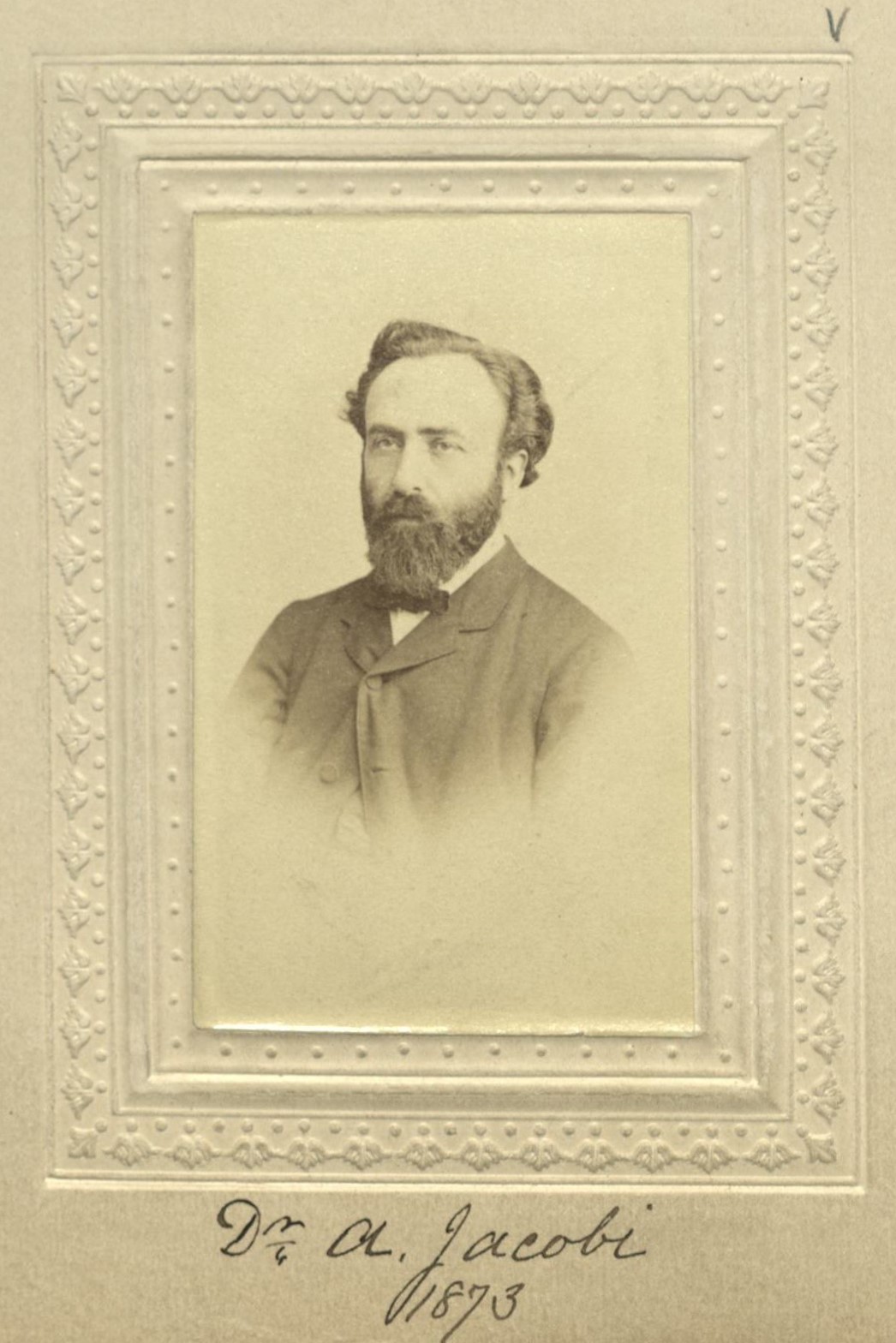
Century Memorial
In the middle of August, 1914—when the mind of our people, bewildered at the amazing news from Europe, was divided between hot indignation over what was happening in Belgium and astonishment over the reception of it in certain quarters of this country—there was published in one of the New York newspapers a letter to the editor, merely signed “A. J.” “I have been told,” so said the writer, “that I was formerly a German and that there were those who wished to know where I stood.” There had been public declarations that the Forty-eighters “are or must be for the Kaiser.” “That claim,” the letter went on to say, “is presumptuous; I happen to be one of the Forty-eighters, and ought to know. I have, and have often expressed, an utter contempt for the legion of loud-mouthed men who have supported themselves, aye, got rich, in America without becoming citizens; enjoying rights and privileges without performing duties; but trying to make and control public opinion.” Following this, the writer gave in no unmeasured terms his judgment on the war and the Hohenzollerns.
No one who knew Dr. Abraham Jacobi had reason to look for any other attitude, but his words came at that hour like a gust of strong pure air in a stifling atmosphere. Dr. Jacobi’s judgment of the Hohenzollerns, and perhaps his judgment of the German people also, had a logical foreshadowing in the days of 1848 when, at eighteen years of age, he cast his fortunes with Kinkel’s company of students, recruited in behalf of the revolutionary campaign for the German Republic. Jacobi had a taste of German prisons as a result of that unsuccessful revolution; and though he persisted, even so, in his medical studies, his direct affiliation with Germany ended with his departure for New York in 1853. Yet he always loved his Germany, and to the last defended the German people; who, he never ceased to contend, were trapped and dragged unwillingly into the criminal Imperial venture of 1914.
At the time of his arrival in New York, he had practically no friends on this side of the Atlantic, and his knowledge of English was imperfect. Nevertheless, he succeeded promptly in making himself count in his profession; and, as the years went on, achieved the eminent authority, more particularly in diseases of children, which the profession has conceded to him during many years. His industry was enormous. He was a disbeliever in exercise, and he never lost time in what he considered frivolities. The hours that were not devoted to active professional service were given to investigation and to the writing of monographs and books. But all this did not prevent his active cooperation in work for municipal reform and civic interests.
Considering the events of his own career, before and afterward, one of the most interesting events of Dr. Jacobi’s history was the offer from the University of Berlin in 1893 of a medical professorship in that institution, with which was to go the direction of the Children’s Clinic at the great Charity Hospital. It was virtually an invitation from royalty, and was promptly declined by cable. “I am,” said the Doctor to his friends, “an American citizen, bound by every tie of gratitude and affection to remain in America.”
Alexander Dana Noyes
1920 Century Association Yearbook
Related Members
Member Directory Home-
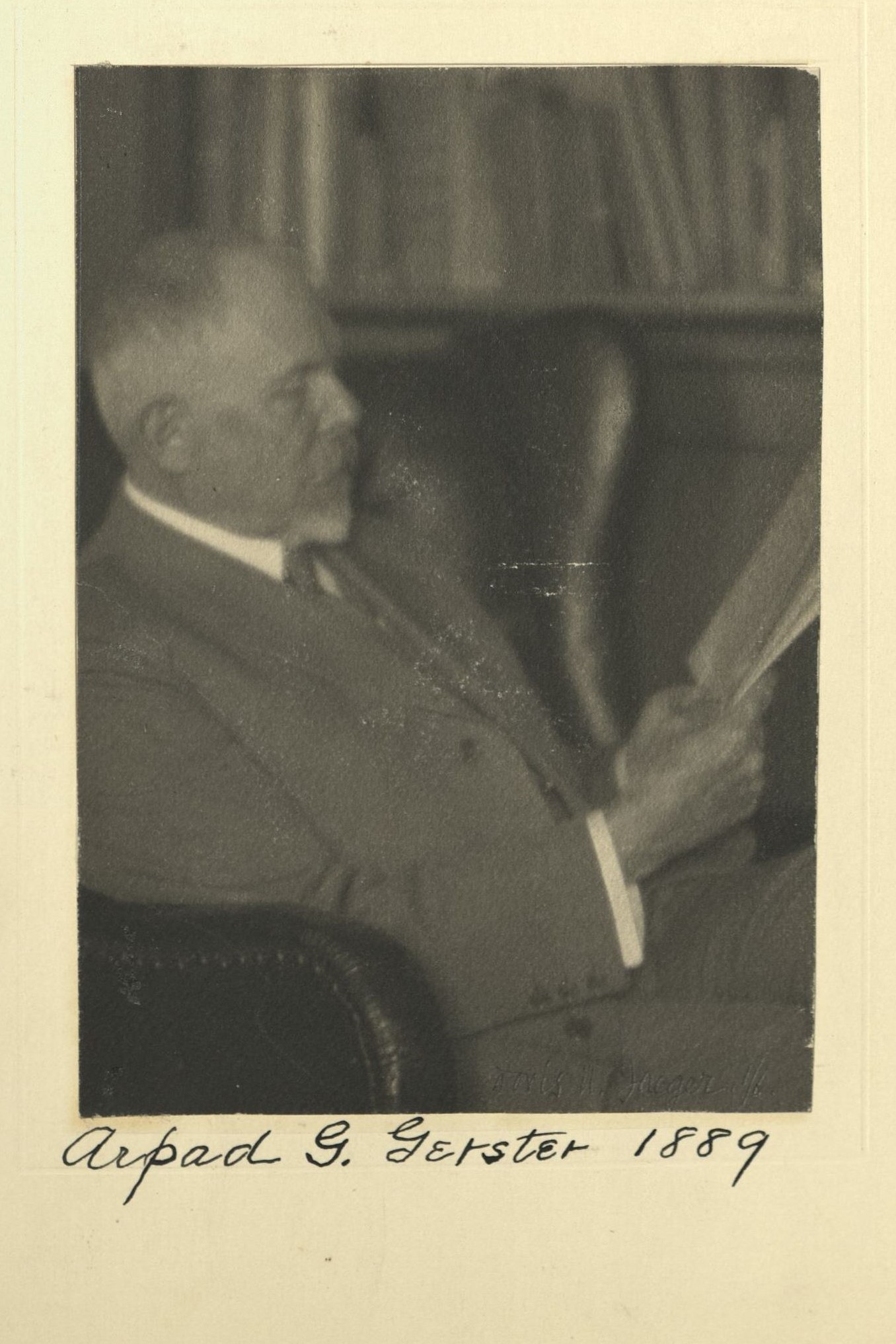 Arpad G. GersterSurgeonCenturion, 1889–1923
Arpad G. GersterSurgeonCenturion, 1889–1923 -
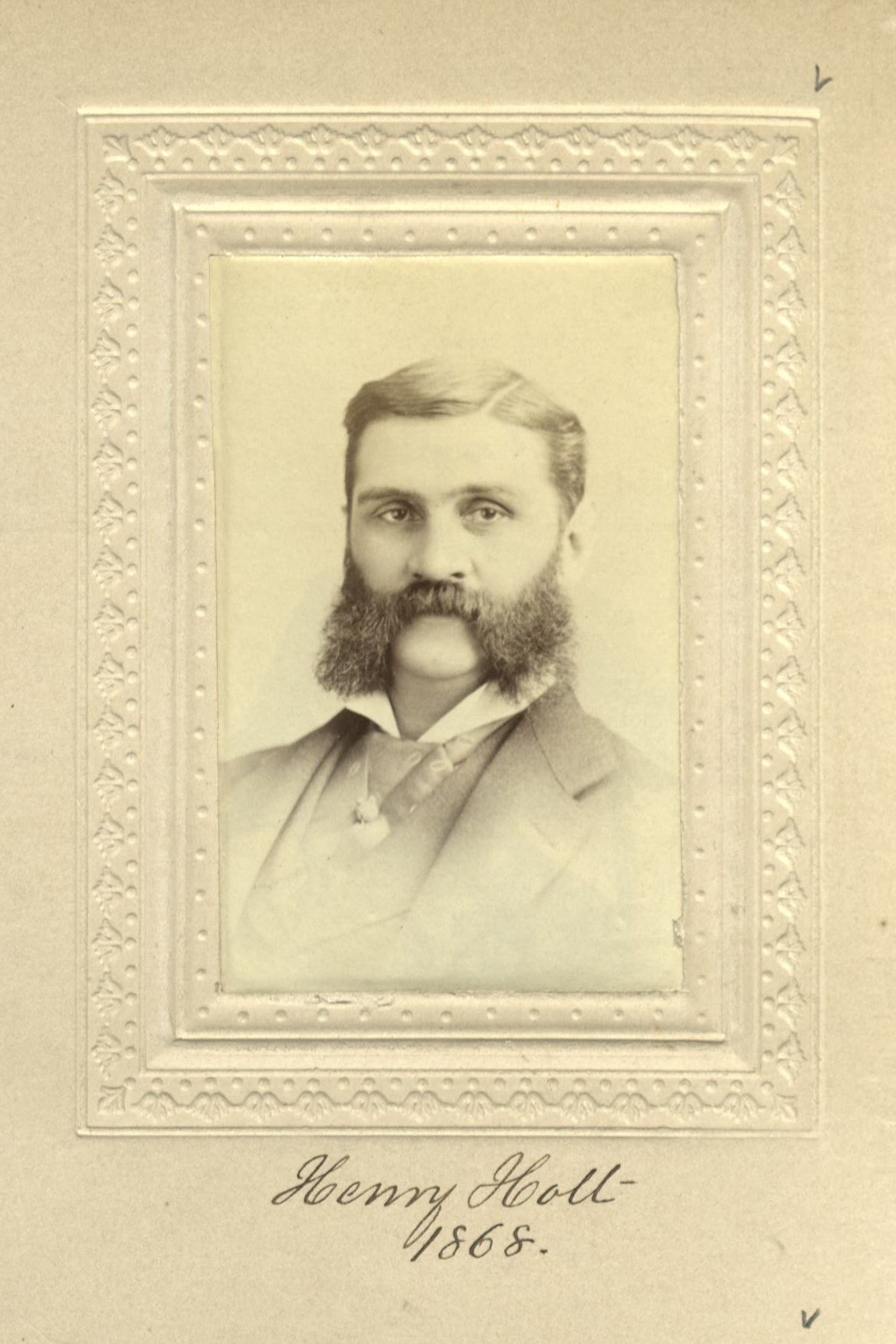 Henry HoltPublisher/AuthorCenturion, 1868–1926
Henry HoltPublisher/AuthorCenturion, 1868–1926 -
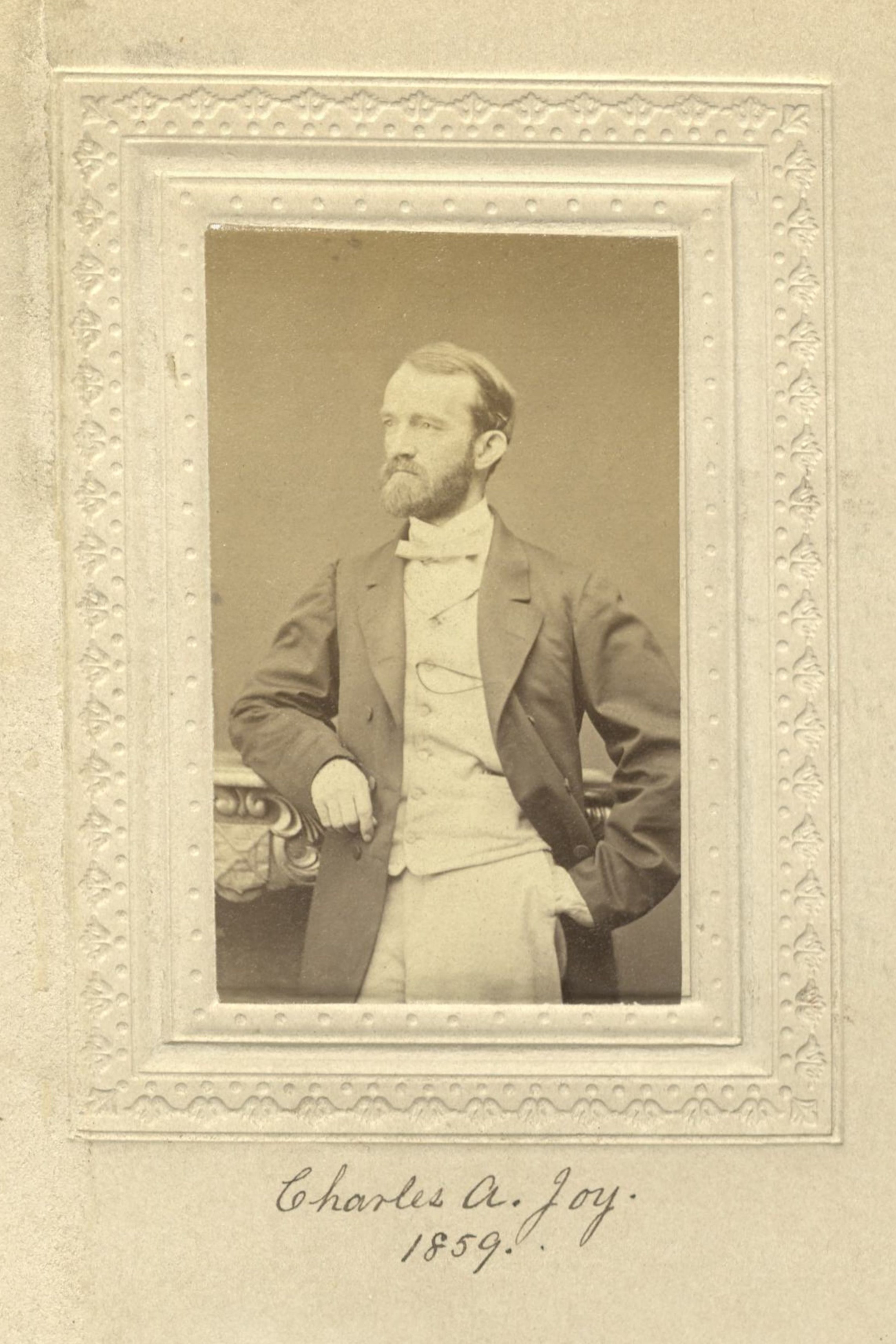 Charles A. JoyProfessor of ChemistryCenturion, 1859–1891
Charles A. JoyProfessor of ChemistryCenturion, 1859–1891 -
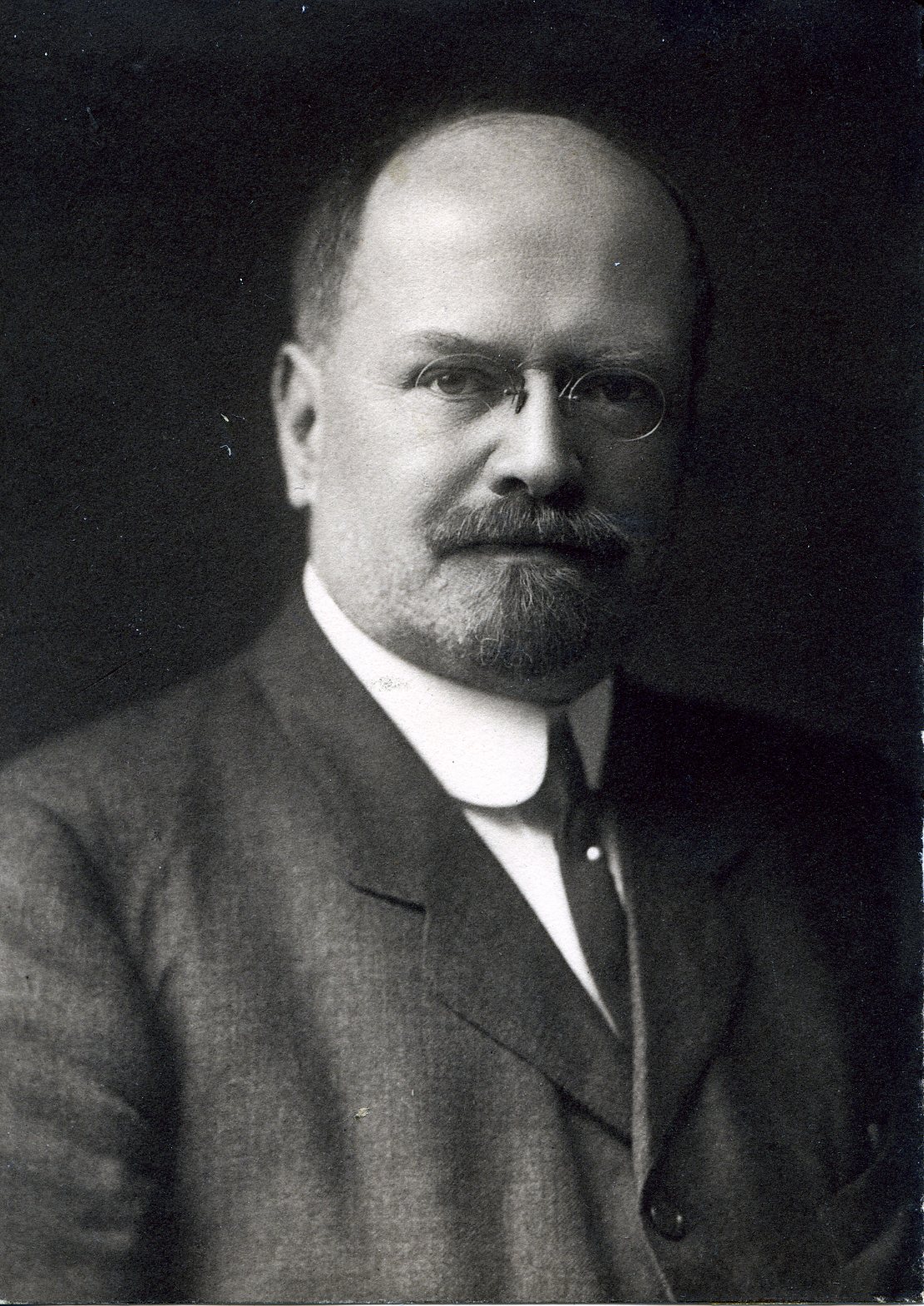 John H. MusserPhysician/Professor of MedicineCenturion, 1908–1912
John H. MusserPhysician/Professor of MedicineCenturion, 1908–1912 -
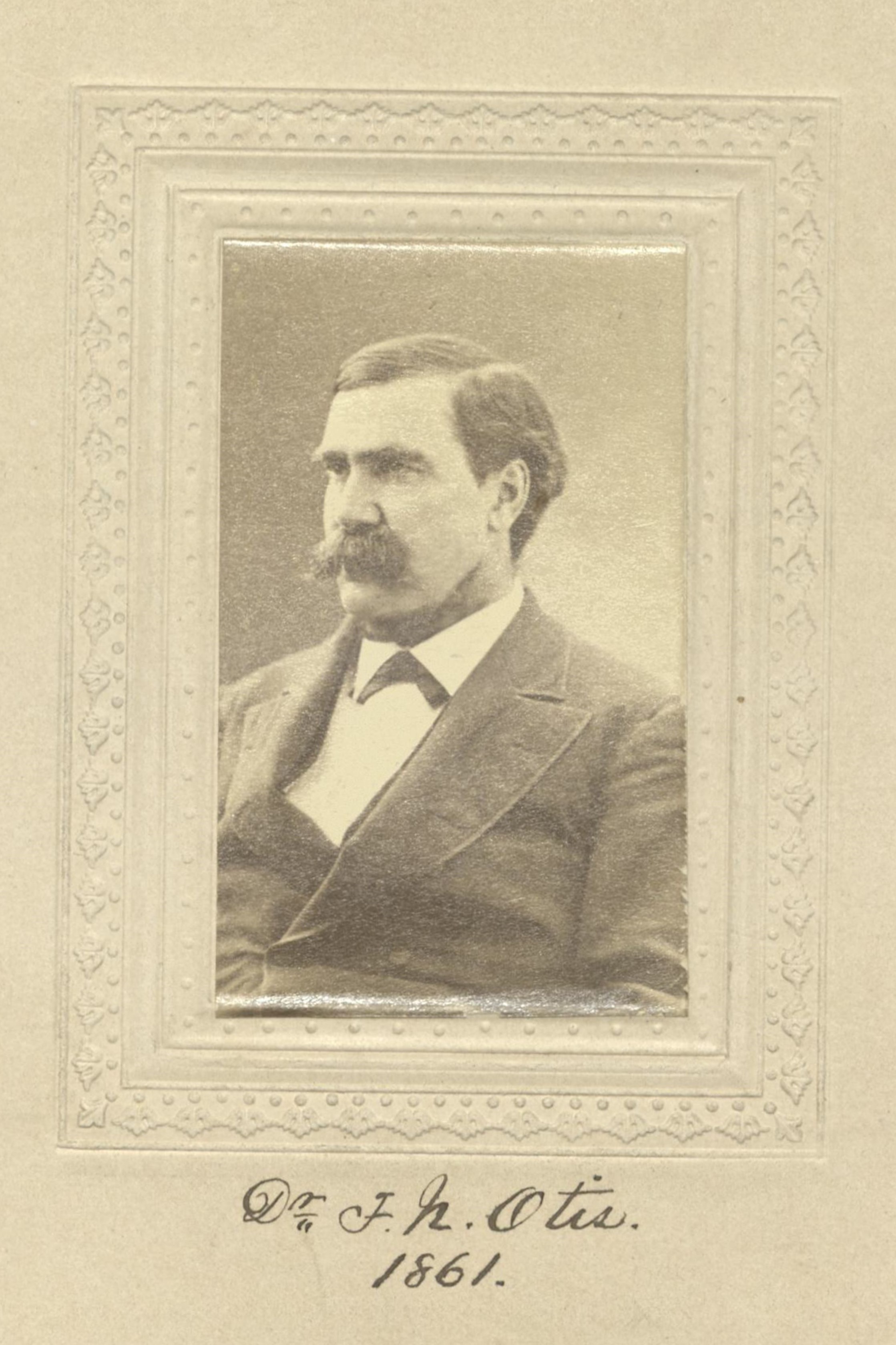 Fessenden Nott OtisUrologistCenturion, 1861–1895
Fessenden Nott OtisUrologistCenturion, 1861–1895 -
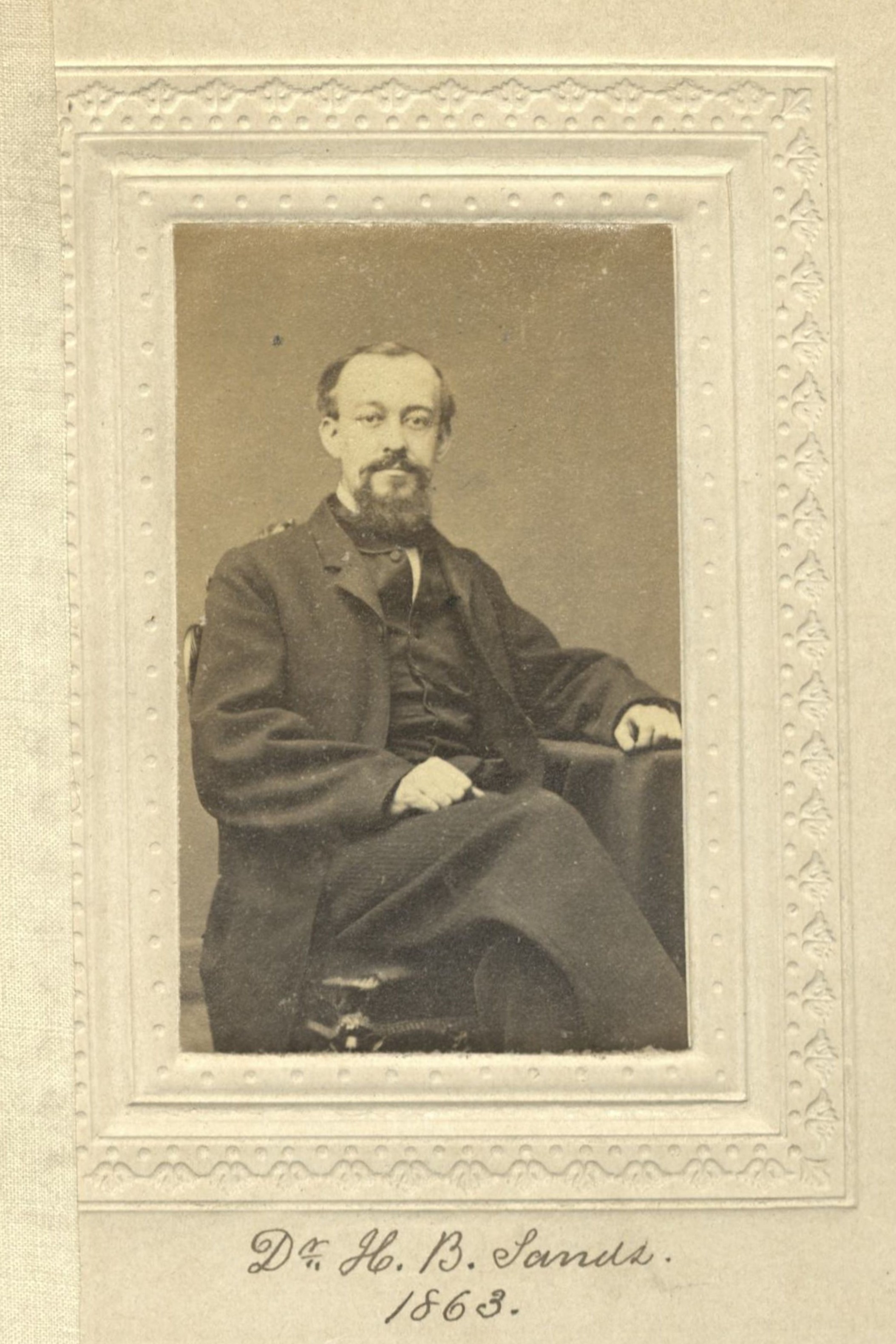 Henry B. SandsSurgeonCenturion, 1863–1888
Henry B. SandsSurgeonCenturion, 1863–1888






